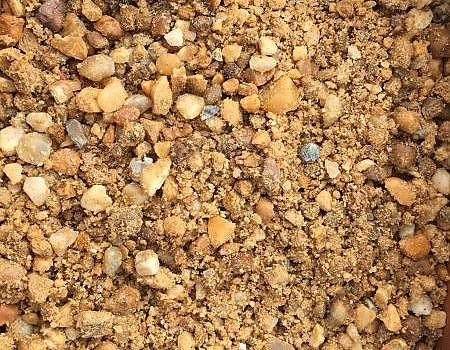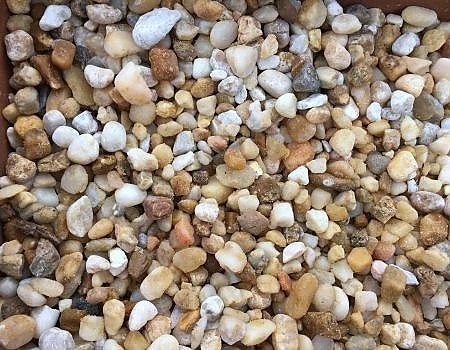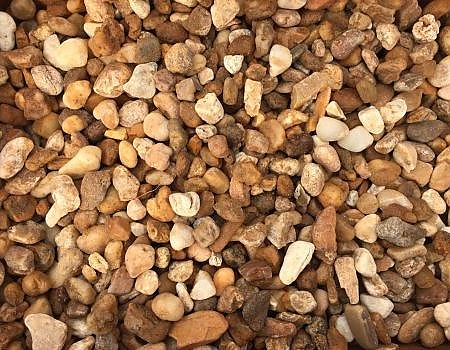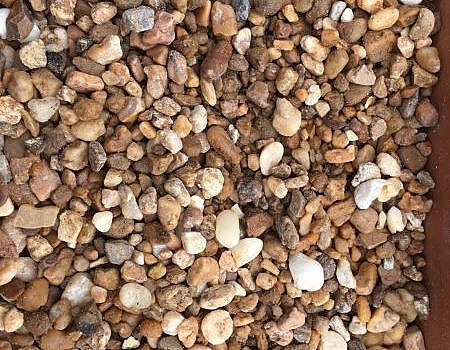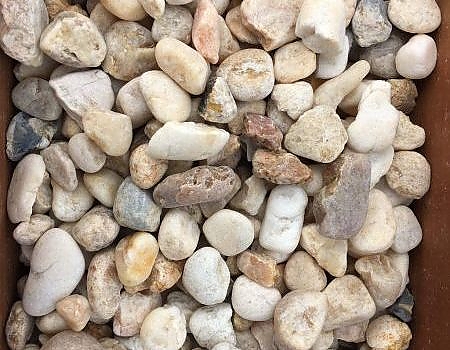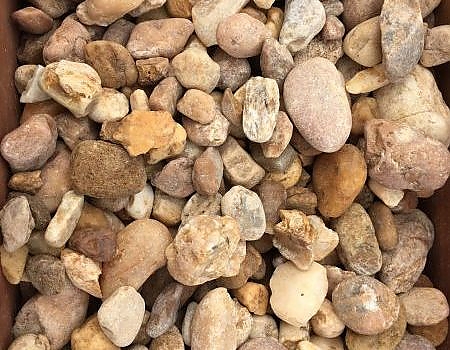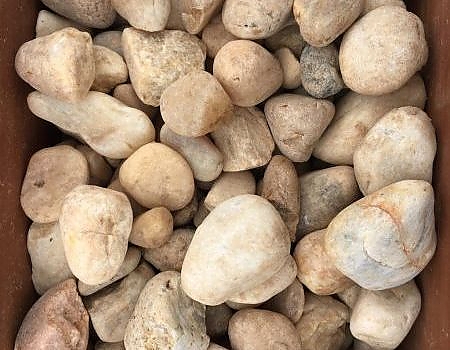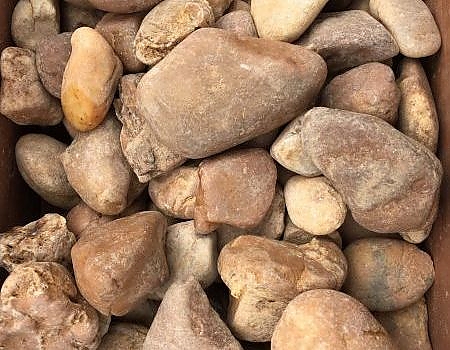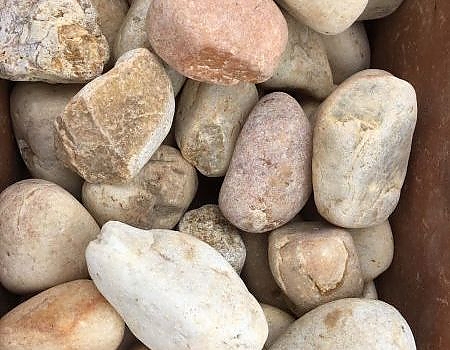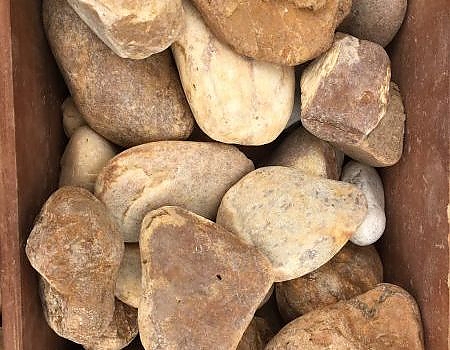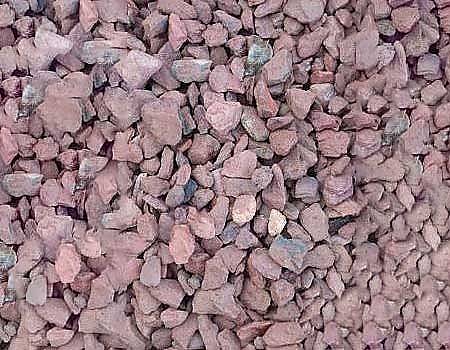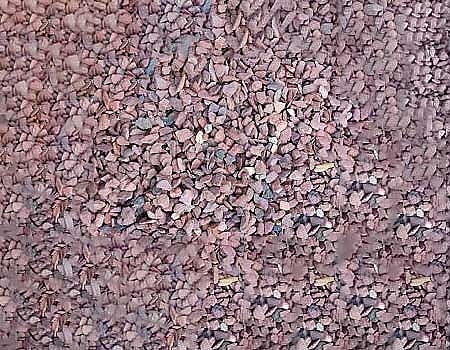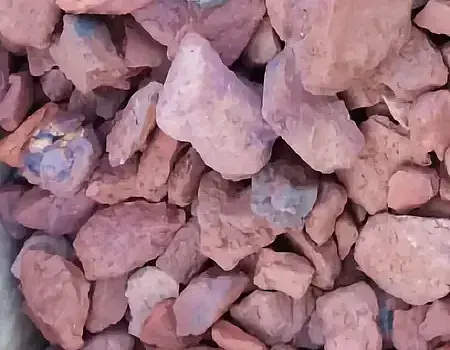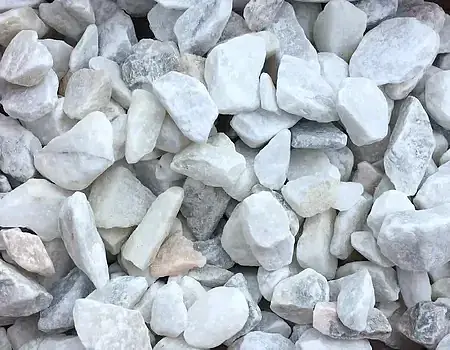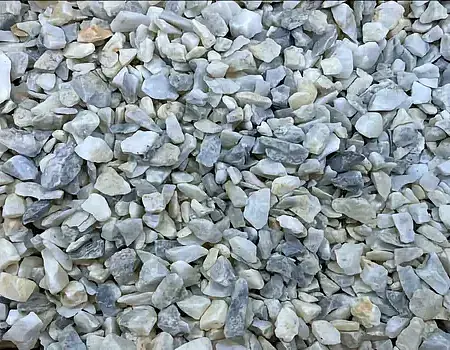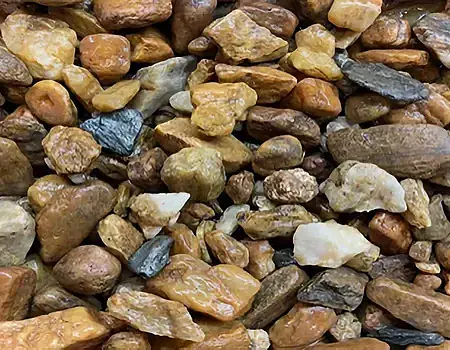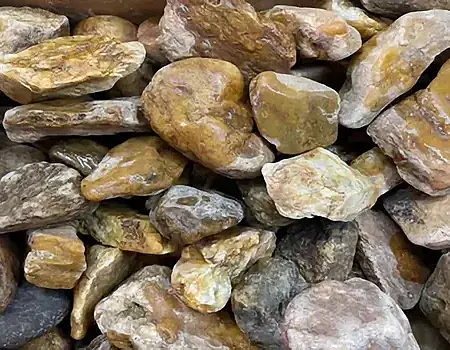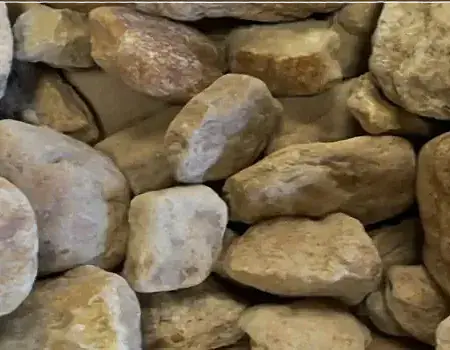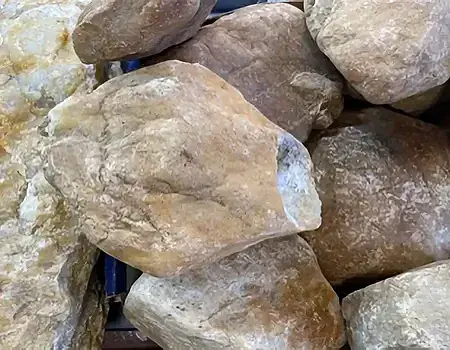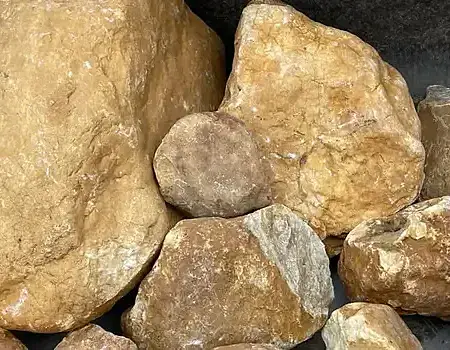Decorative Landscaping Stone
Decorative Landscaping Stone, such as pea gravel and river rocks, are popular materials in landscaping due to their versatility, aesthetic appeal, and practical benefits. Here’s an overview of their advantages:
1. Aesthetic Appeal
- Natural Look: Both Pea Gravel and River Rocks offer a natural, soft look that blends well with various landscape designs, including modern, rustic, or cottage-style.
- Color Variety: These materials come in a range of neutral tones, from earthy browns and tans to light grays, which can complement different color schemes.
- Smooth Texture: River rocks, in particular, have a smooth surface due to water erosion, which gives them a polished appearance that adds elegance to pathways, water features, and plant beds.
- Contrasts with Other Elements: Pea gravel’s small, uniform size can contrast nicely with larger landscape elements, like flagstones or boulders, while river rocks can create a dynamic look when mixed with other materials.
2. Low Maintenance
- Durability: Pea Gravel and River Rocks are long-lasting. They don’t decompose or need frequent replacement, unlike organic mulches.
- Pest Resistance: These materials do not attract pests like termites or ants, unlike wood mulch, which can serve as a food source for insects.
- Weed Suppression: When installed with a weed barrier underneath, they are effective in suppressing weed growth, reducing the need for herbicides or frequent weeding.
3. Drainage and Erosion Control
- Improved Drainage: Both Pea Gravel and River Rocks promote better drainage, allowing water to flow through more easily and preventing water from pooling around plants or structures.
- Erosion Prevention: Their weight helps keep soil in place, particularly on slopes or areas prone to erosion, making them excellent for stabilizing sloped areas or around drainage systems.
4. Water Conservation
- Reduced Evaporation: Like other inorganic ground covers, Pea Gravel and River Rocks help reduce moisture evaporation from the soil, benefiting plants in dry climates or during drought conditions.
- No Water Required: Unlike organic mulch, these rocks don’t need water to maintain their appearance, contributing to water-saving landscaping designs.
5. Versatility
- Functional Use: Pea gravel is often used for pathways, patios, and driveways due to its small size, easy walking surface, and ability to fill gaps in hardscapes. River rocks are popular for garden borders, decorative water features, and dry river beds.
- Safe for Walkways: Pea Gravel’s rounded edges make it comfortable to walk on, ideal for areas where people and pets frequently traverse.
- Varied Uses: River rocks are also used in drainage areas, retaining walls, or as accents around pools, ponds, and fountains to enhance water features.
6. Cost-Effective
- Long-Term Investment: Although the initial cost may be higher than organic mulch, the durability, and low maintenance of Pea Gravel and River Rocks make them a cost-efficient option in the long run, as they do not need to be frequently replaced.
7. Temperature Regulation
- Cooling Effect: Rocks can help moderate soil temperature by reflecting heat away from the ground. This helps plants in hotter climates stay cool during the day and prevents soil from drying out too quickly.
Overall, Pea Gravel and River Rocks are excellent choices for creating low-maintenance, visually appealing landscapes with enhanced drainage, soil stability, and long-lasting beauty.



